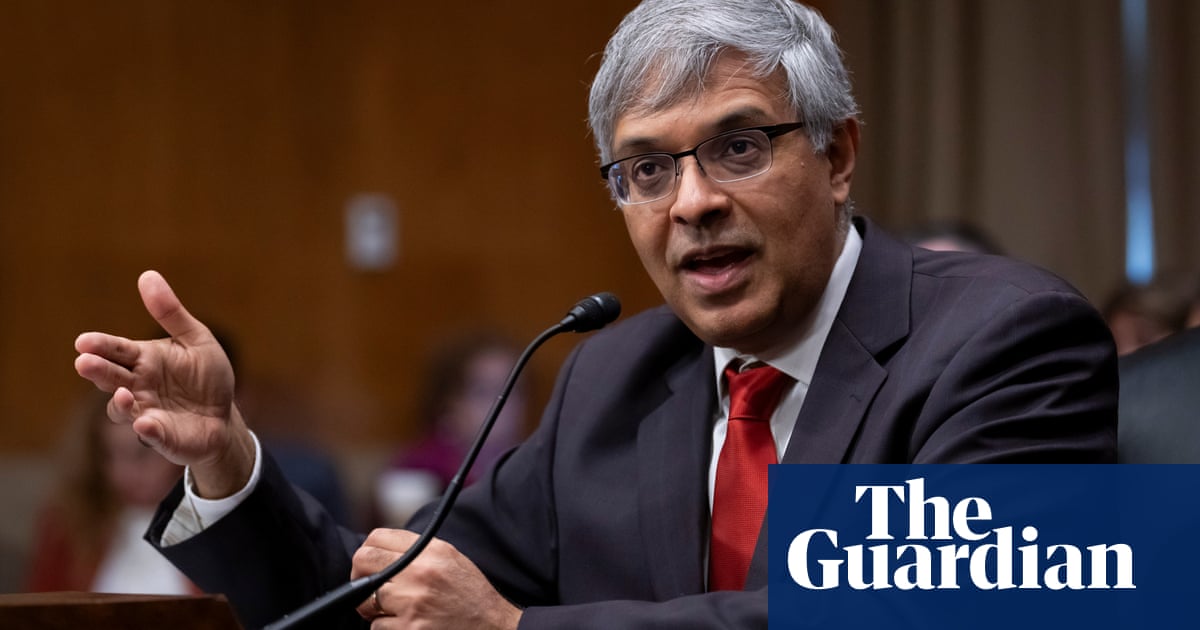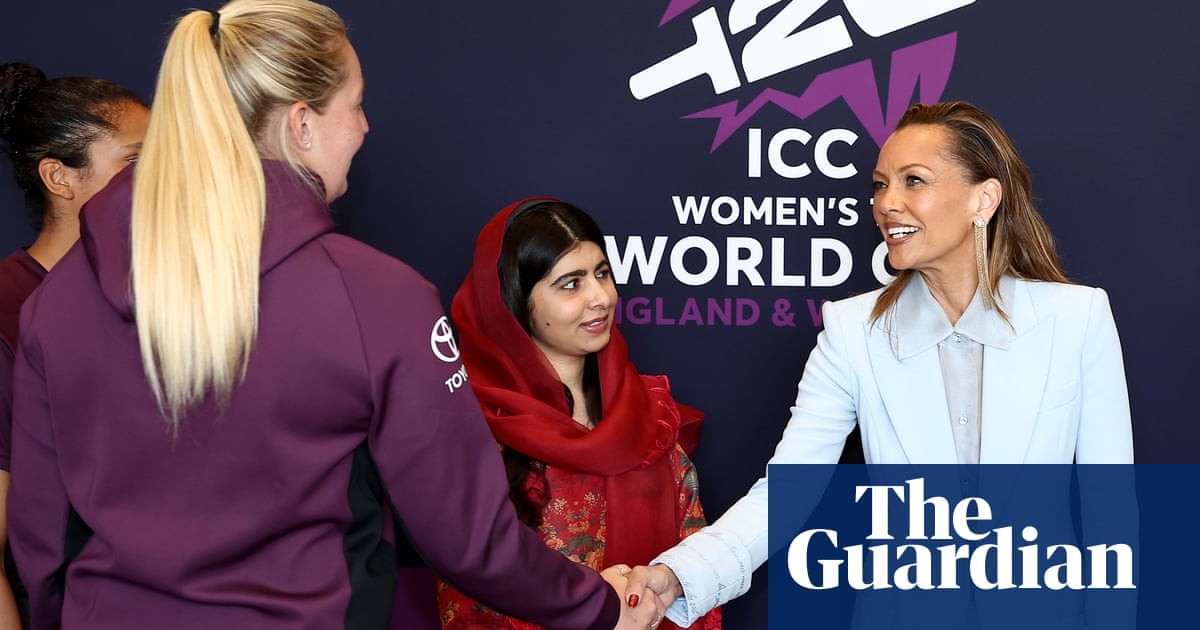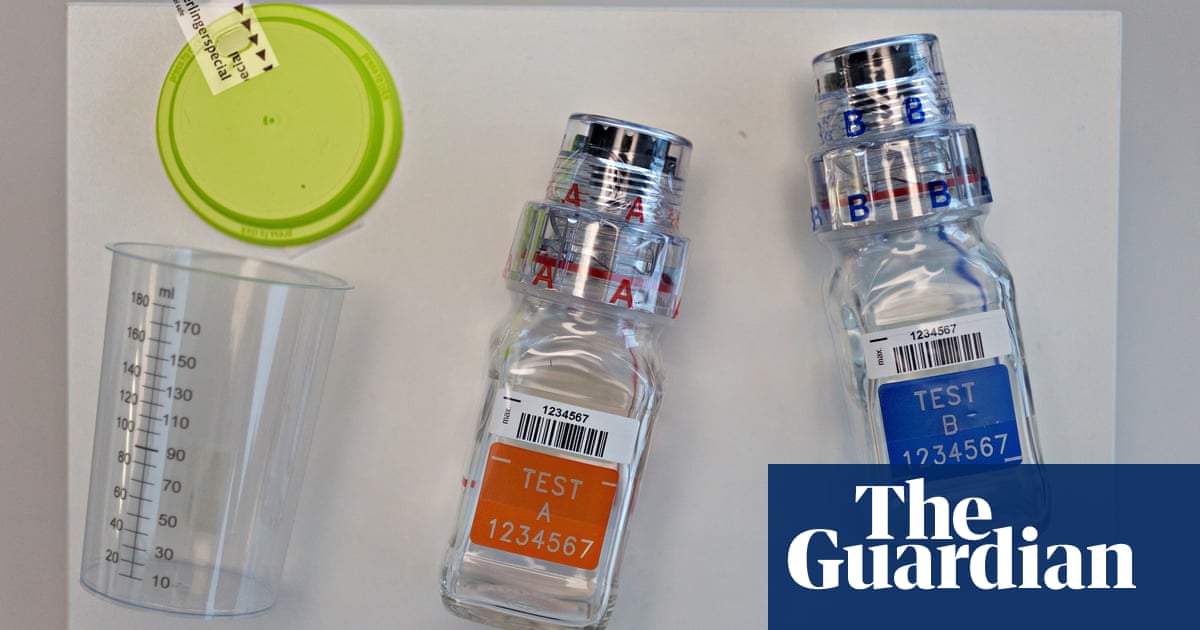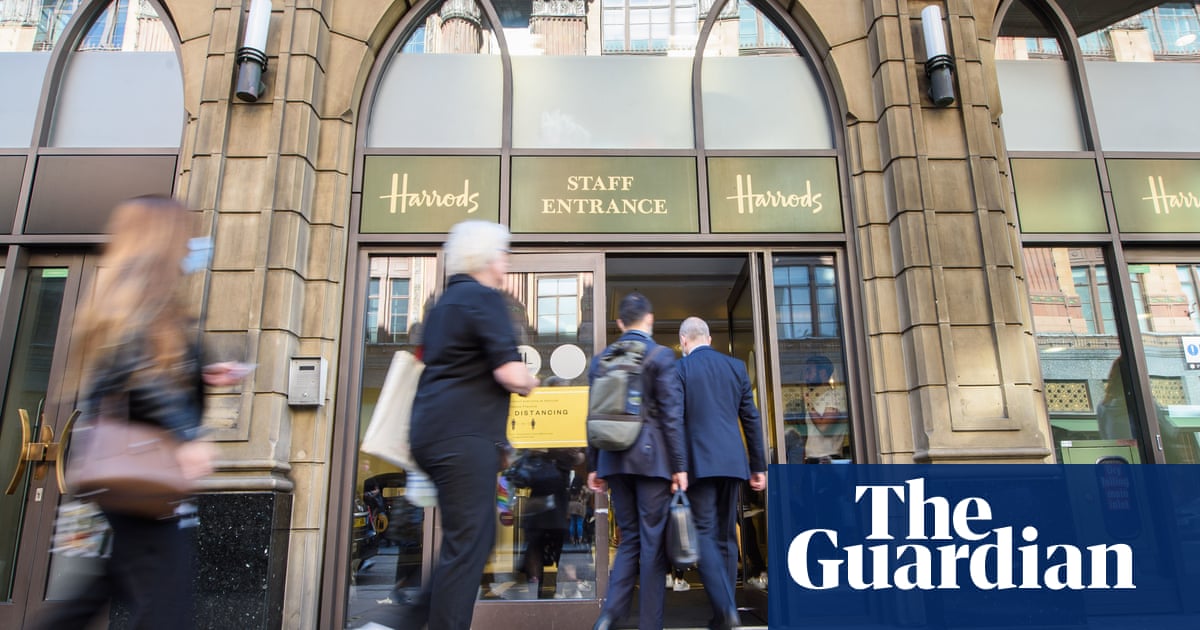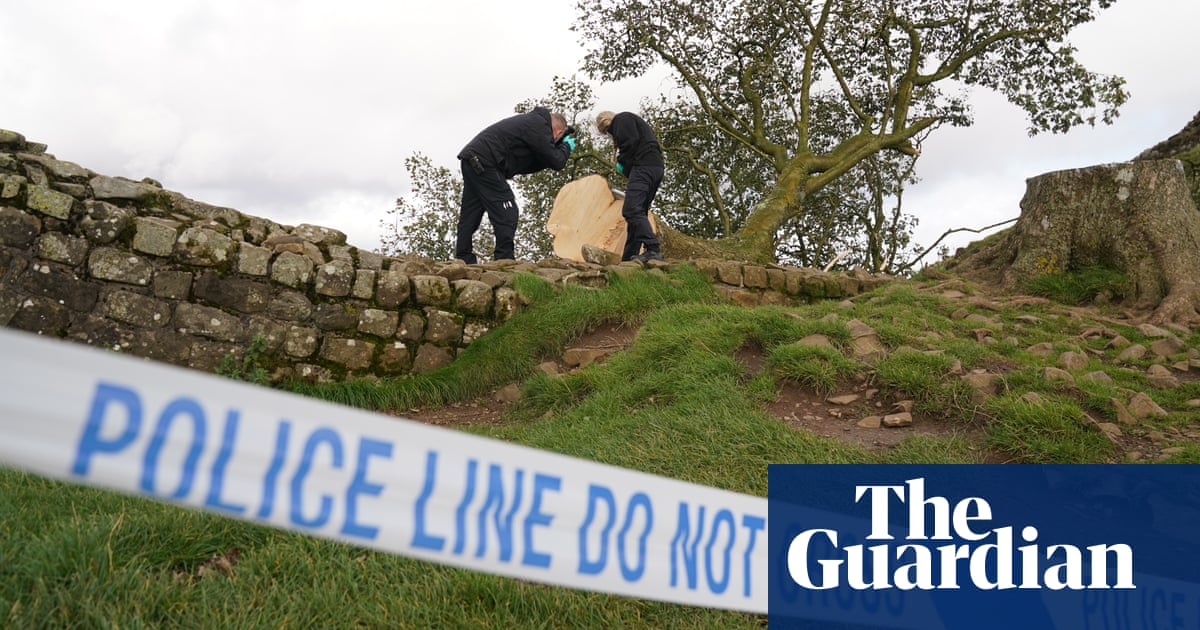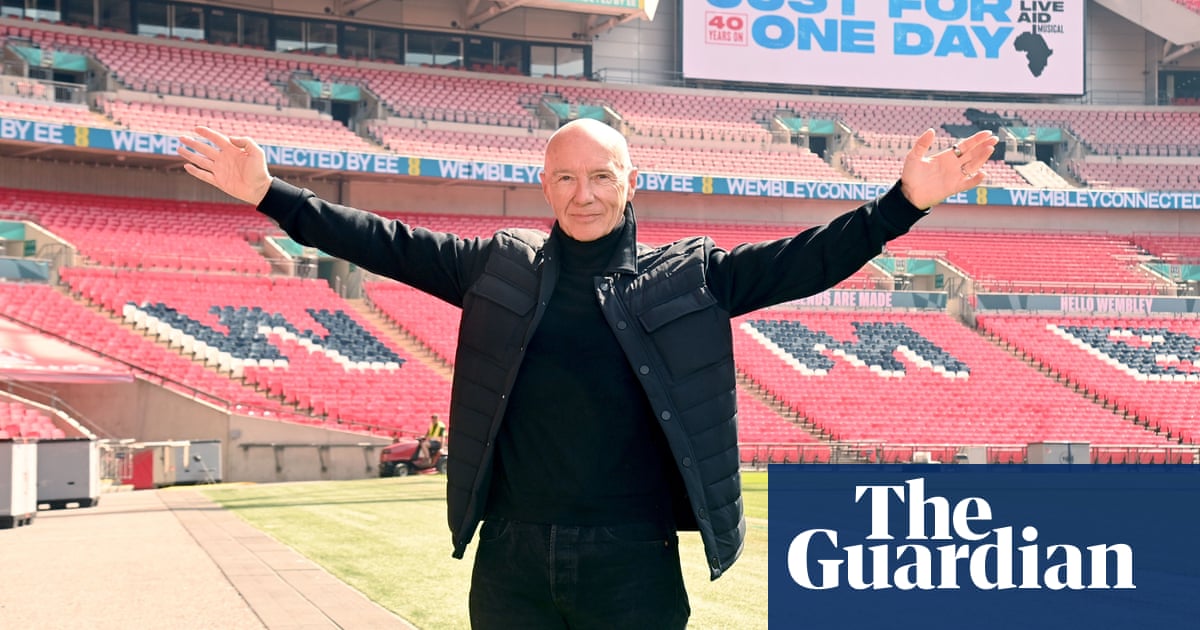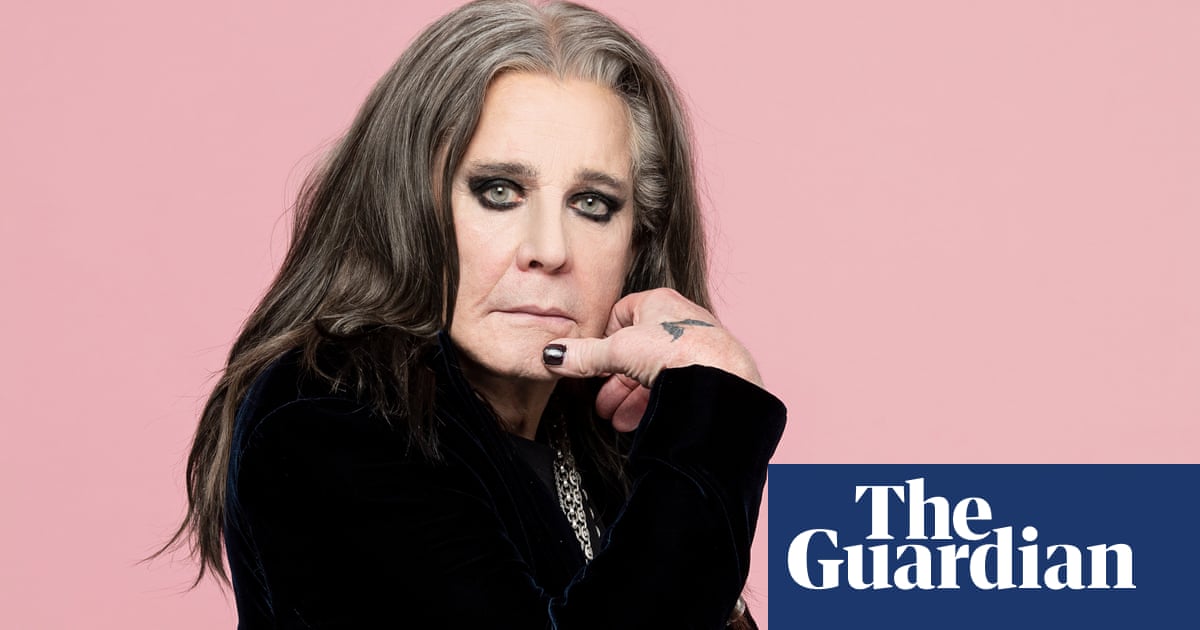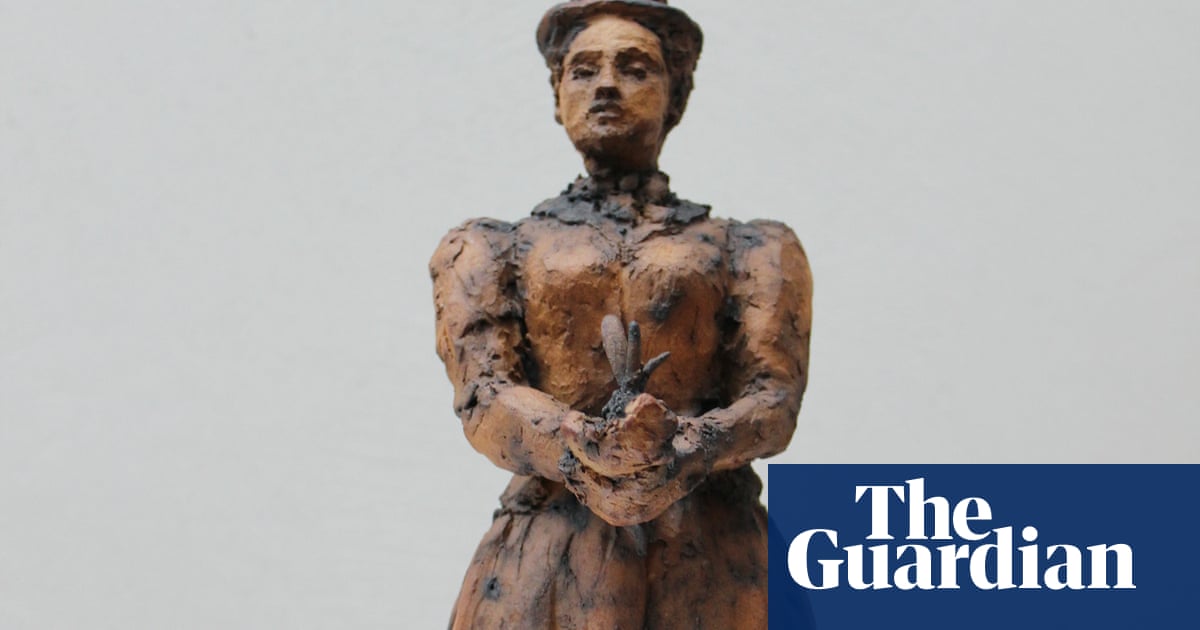South Sudan’s first vice-president and main opposition leader, Riek Machar, has been placed under house arrest, prompting a warning from the UN that the country is at risk of relapsing into widespread conflict.
Machar’s party said the arrest has effectively collapsed the peace deal that ended the 2013-2018 civil war.
In a statement on Facebook, the acting chair of SPLM-IO’s foreign relations committee, Reath Muoch Tang, said the defence minister and chief of national security accompanied a convoy of more than 20 heavily armed vehicles, had “forcefully entered” Machar’s residence, where his bodyguards were disarmed and an arrest warrant issued “under unclear charges”.
The arrest, alongside escalating armed clashes and reported attacks on civilians, “signals a severe unravelling of the peace process - and a direct threat to millions of lives”, the UN human rights commission in South Sudan said in a statement.
“Failure to uphold the protections enshrined in the peace agreement - including freedom of movement, political participation and the cessation of hostilities - will lead to a catastrophic return to war.”
Adhering to the agreement and protecting civilians are “critical to preventing all-out war”, the commission said.
Tang said Machar was being held with his wife, Angelina Teny, who is the country’s interior minister, at his home. Machar has been accused of supporting the White Army militia, which clashed with the military recently. Machar’s party denies ongoing links with the White Army, which it fought alongside during the war.
In a video address, the SPLM-IO spokesperson Pal Mai Deng said Machar was “in confinement by the government” and that his life was at risk.
The development poses a grave threat to the power-sharing agreement between Machar and the country’s president, Salva Kiir, his long-time rival. The agreement resulted from a 2018 peace deal to end the civil war, in which 400,000 people were killed.
Tensions have been rising in recent months. The White Army, a community militia loyal to Machar, launched attacks against the country’s military, the South Sudan People’s Defence Forces (SSPDF), in Nasir county earlier this month and overran an army base. The militia, which protects the Nuer community, said it had acted in self-defence.
The government responded by bombarding areas where the group is based and arresting opposition figures.
An SSPDF commander and a UN crew member were among at least 27 soldiers killed in gunfire as a UN helicopter was trying to evacuate soldiers from Nasir county on 7 March.
The deputy chair of SPLM-IO, Oyet Nathaniel Pierino, said Machar’s detention meant the power-sharing agreement had been abrogated.
It “effectively brings the agreement to a collapse, thus the prospect for peace and stability in South Sudan has now been put into serious jeopardy”, he said.
South Sudan gained independence from Sudan in 2011. A civil war between government and opposition forces swiftly followed, fought largely along ethnic lines.
The international community called for restraint after Machar’s arrest. The Intergovernmental Authority on Development (IGAD), an eastern African trade bloc, said his detention seriously undermined the peace agreement and risked “plunging the country back into violent conflict”.
The head of the UN peacekeeping mission in South Sudan, Nicholas Haysom, said the country stood on the brink of relapsing into widespread conflict that “will not only devastate South Sudan but also affect the entire region”.
He called for the parties involved to immediately cease hostilities and engage in constructive dialogue.
The US Bureau of African Affairs urged Kiir to release Machar and called on South Sudan’s leaders to “demonstrate sincerity of stated commitments to peace”.

.png) 1 month ago
24
1 month ago
24




